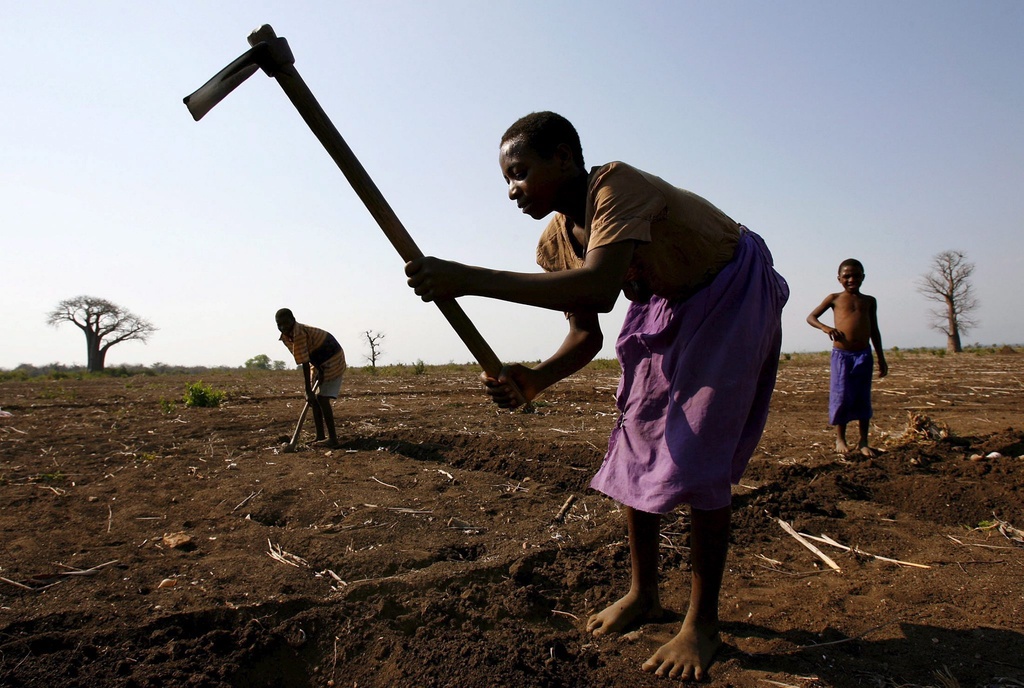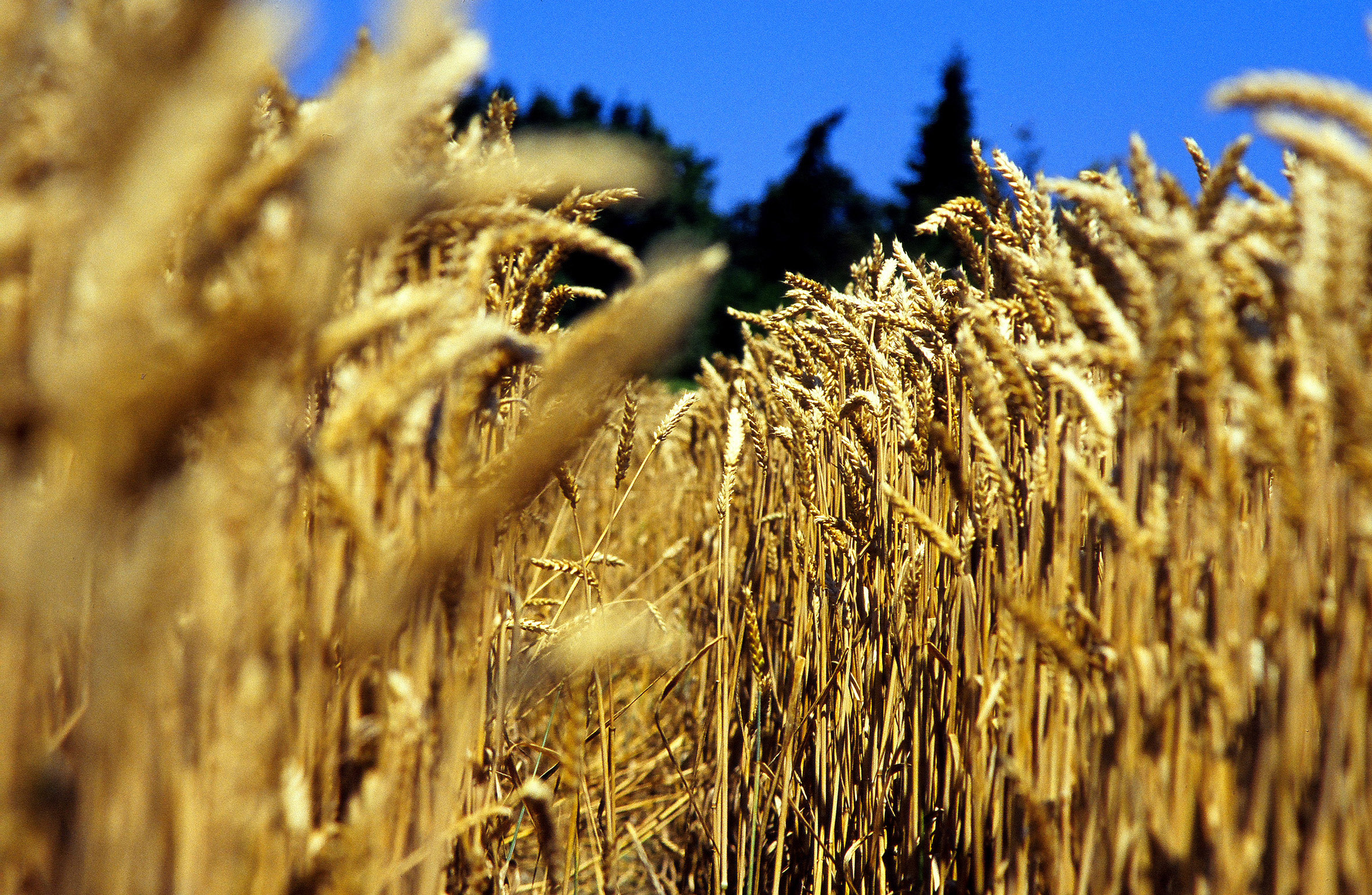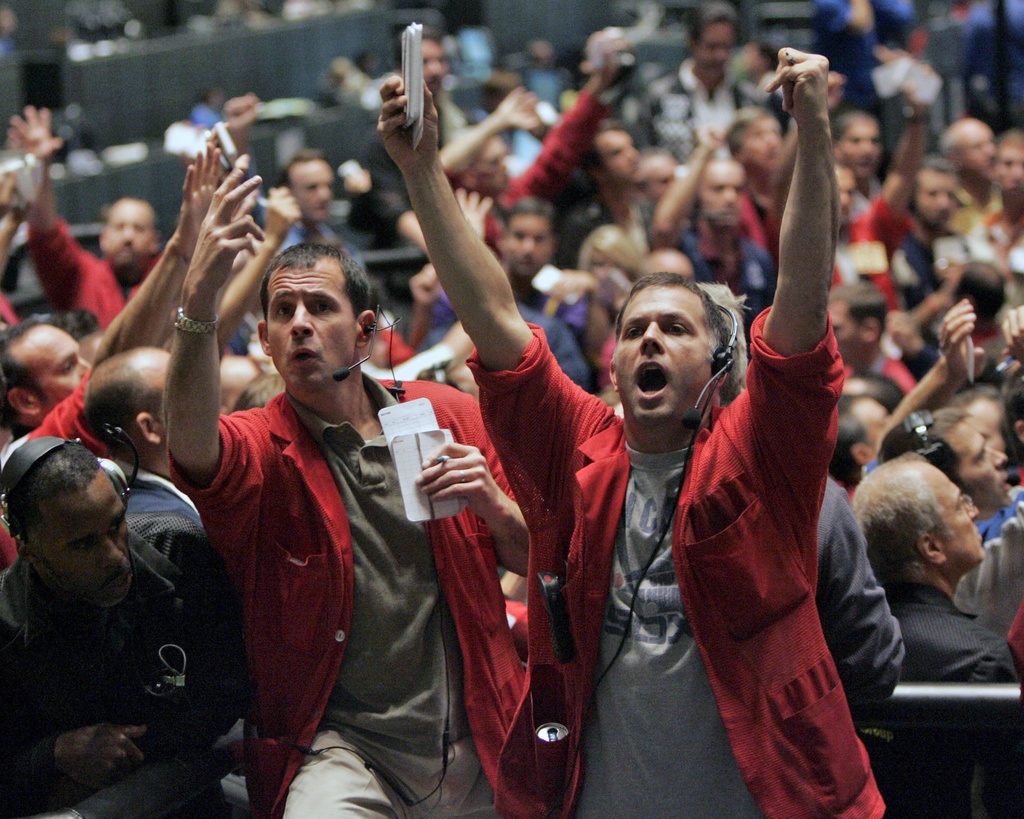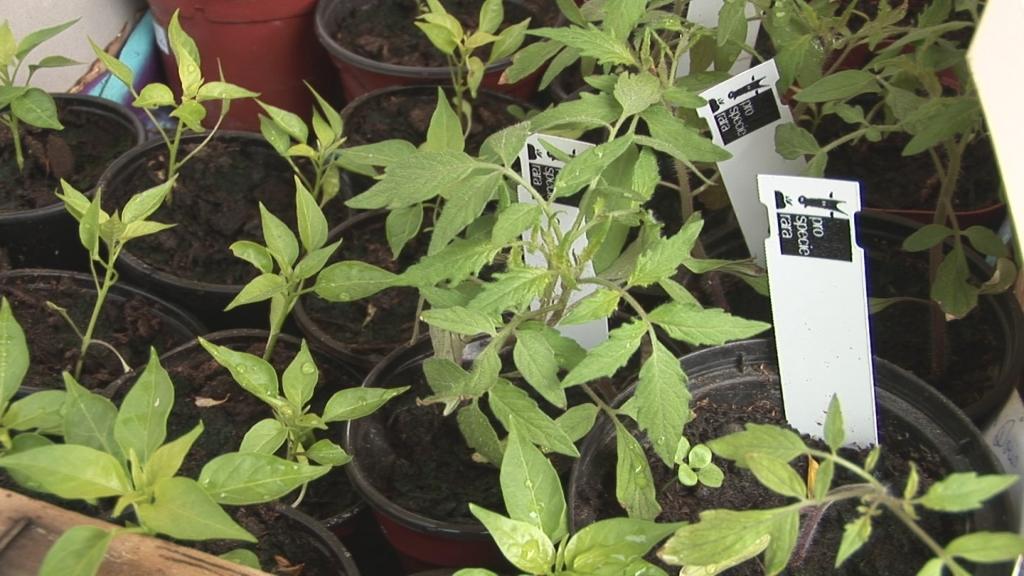Can “agro-ecology” feed the world?

High and volatile food prices, which have reportedly pushed some 44 million people into poverty since last summer, have entered a critical phase.
The impact of oil prices on food and farming was one of the factors covered by both the United Nations Special Rapporteur on the right to food and the UN Food and Agriculture Organization (FAO) at media conferences in Geneva this week.
As states attempt to address the recent food price spikes, Special Rapporteur Olivier de Schutter, called for a radical long-term shift to ecological agriculture to reduce farmers’ dependence on oil.
Meanwhile food security experts, like Panos Konandreas of the FAO, are nervously watching food and oil price indexes and weather forecasts.
“We are in a very critical period and this will continue at least until summer,” Konandreas told reporters in Geneva on Friday. “What happens between now and June will depend on many factors but primarily the weather and the price of oil.”
Global food prices reached a record high in February and the FAO warned last week that further oil spikes and the stockpiling of food by countries in North Africa and the Middle East keen to head off possible protests over economic hardship would hit already volatile cereal markets.
For his part, de Schutter also said there was “a very close correlation between the price of oil and the price of food”.
“So I fear that the next few months will be extremely difficult,” he told reporters on Tuesday.
International coordination needed
Last month the World Bank gave a stark warning of the impact of the rising cost of food, saying an estimated 44 million people had been pushed into poverty since last summer by rising commodity prices.
Food prices are projected to rise over the next decade and stay at levels on average above those of the past decade.
The FAO says urgent coordinated international action is needed to ensure the security of food supplies, including improvement of market regulation and transparency as well as of statistics on food commodity markets, the establishment of emergency stocks and provision of safety nets.
De Schutter told swissinfo.ch that speculation, while not a root cause of the recent food price spikes, had “significantly increased volatility”.
“The entry of hedge funds and pensions funds through commodity market indices has significantly changed the nature of markets. It is now resulting in a speculative bubble that is artificially inflating the price of food commodities,” he explained.
Revolutionary changes
The Belgian Special Rapporteur described government responses to the food crises as insufficient.
“I fear we are running straight into a wall unless revolutionary changes are implemented,” he said.
De Schutter believes the long-term solution to feeding the planet’s projected nine billion people in 2050 is a move towards agro-ecology.
“We won’t solve hunger and stop climate change with industrial farming on large plantations,” he said. “The solution lies in supporting small-scale farmers’ knowledge and experimentation, and in raising the incomes of smallholders so as to contribute to rural development.”
His recent report to the sixteenth session of the Geneva-based UN Human Rights Council called for a global shift away from using chemical fertilisers and pesticides towards more productive environmentally friendly sustainable agriculture techniques like ecological pest control and agroforestry.
The report cites evidence showing agro-ecology techniques increased crop yields by 80 per cent in 57 developing countries, with an average of 116% for all African projects.
Long-term shift
De Schutter said agro-ecology was gaining ground in developed countries such as the United States, Germany and France but remained largely experimental because it was insufficiently supported by public policy.
He acknowledged that developed nations would be unable to make a quick shift to agro-ecology because of what he called an “addiction” to an industrial, oil-based model of farming. But he believes a global long-term effort to shift to agro-ecology is still necessary.
Konandreas, however, was sceptical of this natural approach, which he described as “wishful thinking”.
“Frankly I think it’s impossible,” he told swissinfo.ch. “How can you delink oil from farming?”
But De Schutter remains unperturbed.
“Agro-ecology suffers from a lack of faith,” he said. “And there are vested interests to maintain the existing system. Lots of people benefit from selling inputs based on oil and gas. Governments face strong lobbies in this respect.
“We should avoid a situation where food and agriculture policies are basically hostage to the needs of international markets. And we should allow countries to decide for themselves what is in their best interests.”
The number of undernourished people in the world fell to 925 million people in 2010 from an estimated 2009 peak of 1.023 billion, but it remained unacceptably high, the FAO said.
In 2010, 16% of developing countries’ populations were undernourished, down from 18% in 2009 but still well above the UN’s Millennium Development Goal to halve to 10% the share of the hungry between 1990 and 2015.
The number of hungry people could fall by 100-150 million people if women farmers were given the same access to production and financial resources as men, the FAO said this week.
The yield gap between men and women farmers averages around 20-30%, mostly due to differences in resource use, an FAO report said.
Farm output in developing countries could rise by 2.5-4.0% if yields on the land farmed by women increased to the levels achieved by men. That in turn would reduce the global number of undernourished people by 12-17%, it said
The United Nations Food and Agriculture Organization (FAO) expressed serious concern on Friday about the impact of the Libyan uprising on food security across North Africa because of the region’s dependence on cereal imports.
“In Libya, the situation may lead to a sudden disruption of imports and the collapse of the internal distribution system,” said Daniele Donati, chief of FAO’s Emergency Operations Service.
Disruption to markets from which farmers secure seeds and fertilisers also threatened agricultural production and food security, the FAO said.
Libya, which relies on imports for more than 90 percent of its food, is believed to have about four months of food supplies in the country, the World Food Programme said.
In Egypt, FAO said, the sharp rise in international wheat prices would also add substantially to the cost of imports in 2010/11 and to the government’s bread subsidy programme, which helps cushion the consumer from rising prices.

In compliance with the JTI standards
More: SWI swissinfo.ch certified by the Journalism Trust Initiative





You can find an overview of ongoing debates with our journalists here. Please join us!
If you want to start a conversation about a topic raised in this article or want to report factual errors, email us at english@swissinfo.ch.